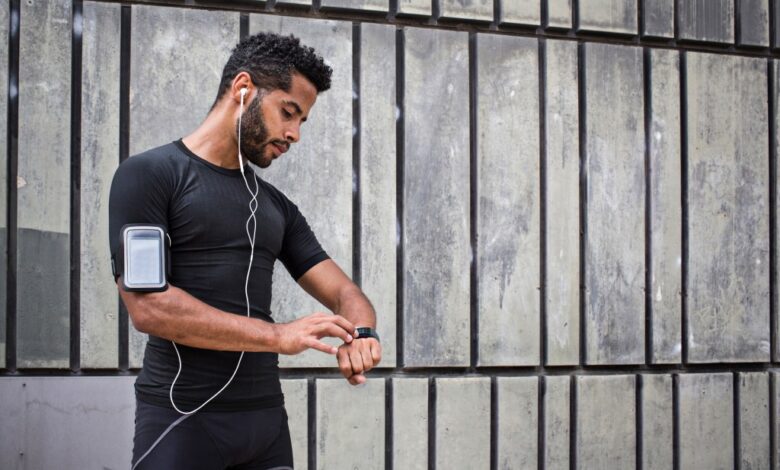20 minutes of exercise helps your brain function after insomnia

Do you feel groggy after a night of tossing and turning?
You’ve got plenty of company: More than 20% of American adults say they “rarely or never” wake up feeling well-rested, according to a recent US News & World Report survey.
And nearly half (43%) of respondents said they have experienced insomnia in 2023. If you’re among them (we’re looking at you, New Yorkers), there’s a quick way to get through the day without falling asleep in front of the boss.
Just 20 minutes of moderate exercise, such as bicycling or brisk walking, improves cognitive performance, regardless of a person’s sleep state, according to a new study.
“We know from existing research that exercise improves or maintains our cognitive performance, even when oxygen levels are reduced,” study co-author. Dr. Joe Costello from the University of Portsmouth in the United Kingdom said in a press release.
“But this is the first study to suggest that it also improves CP [cognitive performance] after total and partial sleep deprivation,” Costello added.
The study, published in the journal Physiology and Behavior, involved two experiments, each with 12 different participants. The first looked at the impact of partial sleep deprivation on a person’s cognitive performance, and the second looked at the impact of complete sleep deprivation and hypoxia (low oxygen levels).
In the first experiment, participants were only allowed five hours of sleep per night over the course of three days. Each morning they were given seven mental tasks to perform at rest and then while riding a recumbent exercise bike.
In the second experiment, participants spent an entire night without sleep and were then placed in a low-oxygen environment in the university’s Extreme Environment laboratories. Even though oxygen levels decreased, exercise still improved cognitive performance.
In both experiments, all participants experienced a significant improvement in cognitive performance after spending 20 minutes cycling.
The research revealed that the effects of three nights of partial sleep on cognitive functions were inconsistent among participants, possibly because some people are more resistant to a moderate sleep deficit.
However, regardless of sleep status, moderate-intensity exercise improved performance on all cognitive tasks.

“One possible hypothesis for why exercise improves cognitive performance is related to increased cerebral blood flow and oxygenation,” said co-senior author Dr. Thomas Williams of the University Research Group in Extreme Environments.
“However, our findings suggest that even when exercise was performed in an environment with low oxygen levels, participants were still able to perform cognitive tasks better than when they were at rest under the same conditions,” Williams said.
For people who regularly have trouble sleeping, other experts offer this advice: Stop worrying about it.
Dr. Reena Mehra, director of sleep disorders research at the Cleveland Clinic, said consciously focusing on falling asleep can impede the process. “It goes against the individual,” he told The Wall Street Journal.




